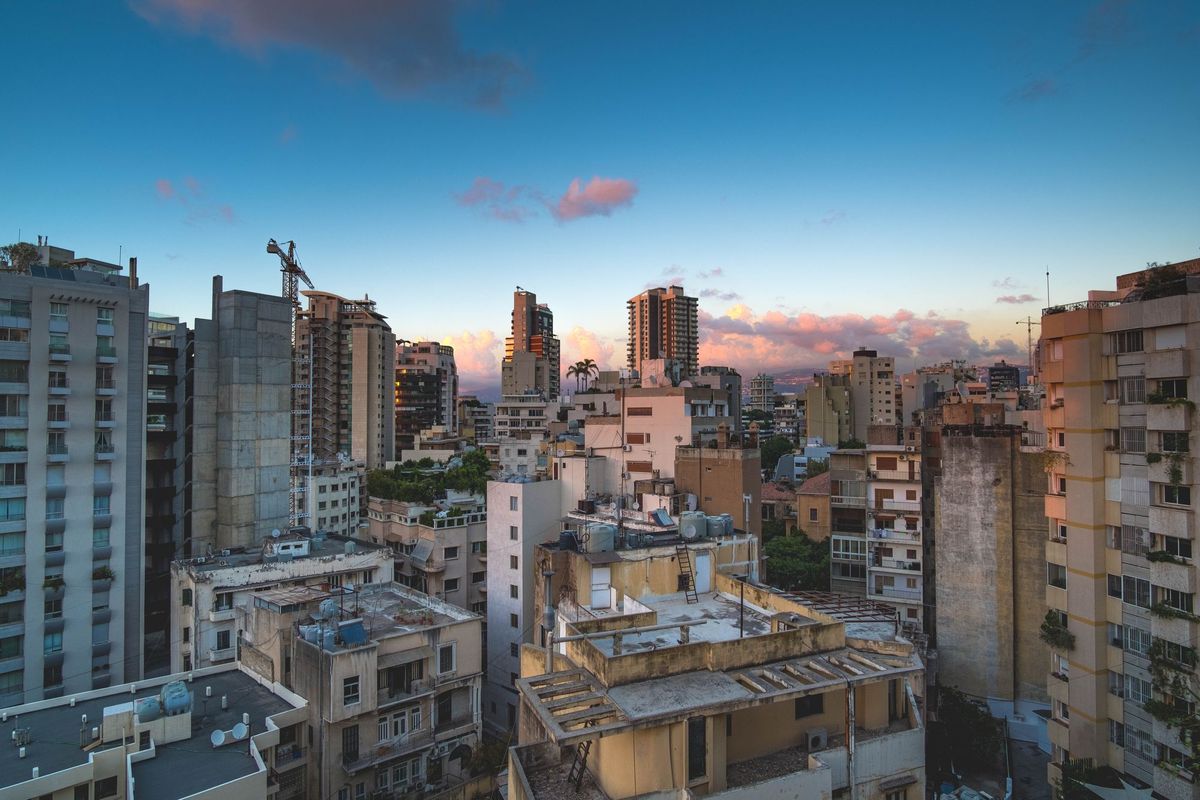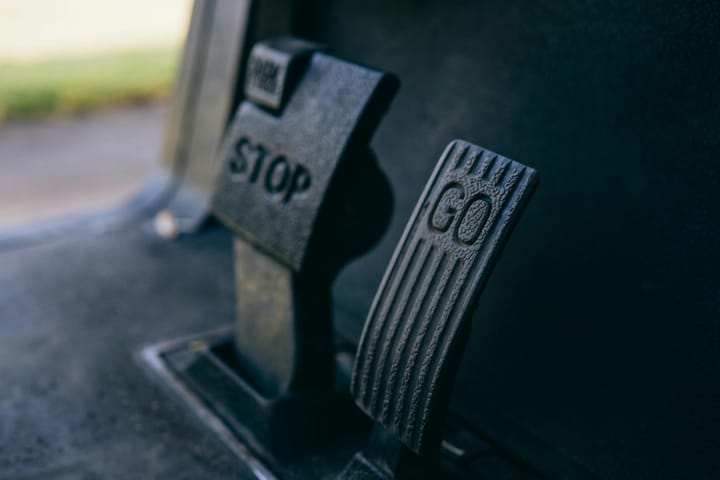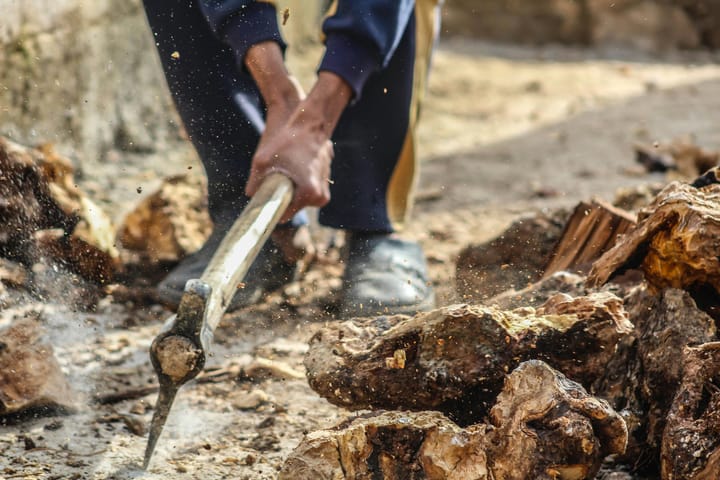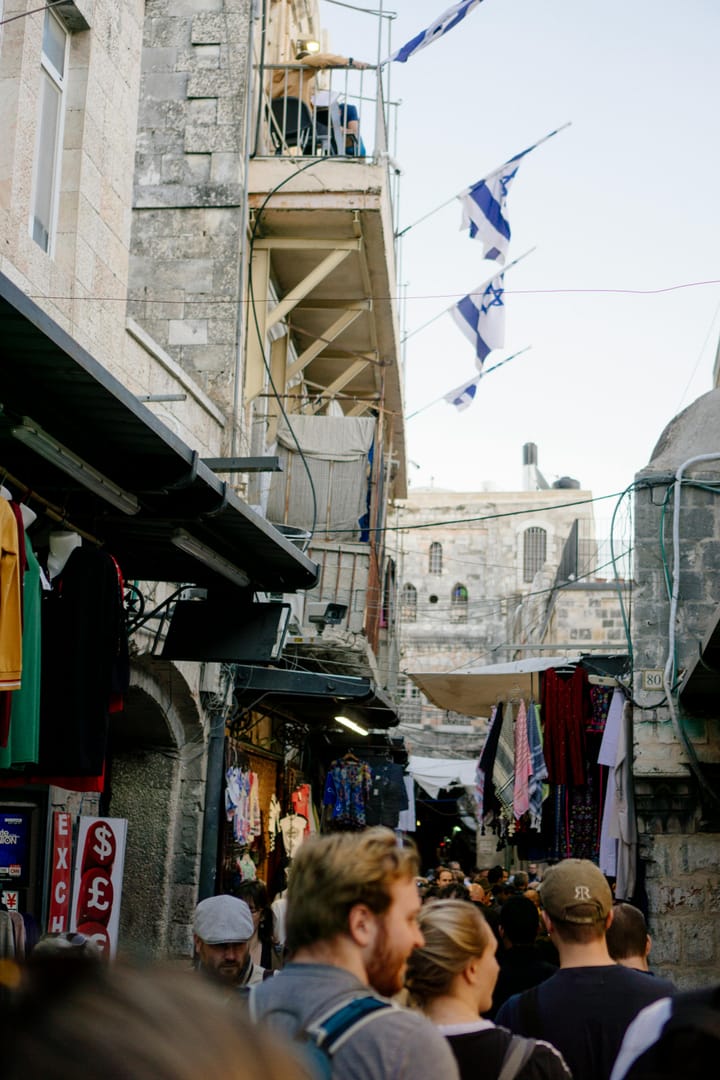Lebanese pound hits record low amid economic crisis

Lebanon’s Parliament speaker, Nabih Berri, urged the government to call a “financial state of emergency” yesterday, as the Lebanese pound fell to a record low this week. An extreme dollar shortage has eroded the value of the currency, driving up the price of imports and wiping out household savings.
For months, Lebanon’s multi-tiered exchange rate system has stoked panic buying and encouraged black-market profiteering. On Tuesday, the central bank sought to stabilise the pound by setting a unified exchange rate of 3,900 pounds to the dollar. According to market dealers, however, the informal rate it is closer to 6,000 pounds.
Low and middle-income households are especially vulnerable, as Lebanon’s cash-strapped government (which defaulted on its external debt in March) is struggling to provide social services. In recent weeks, the country has been rocked by waves of anti-government protests.
Amid a deteriorating economic situation, the government is attempting to secure emergency financing from the IMF, but there are no signs of an imminent deal. The Fund would almost certainly propose unpopular austerity measures. Moreover, concerns about Hezbollah’s central role in parliament have undermined the prospect of multilateral support.
Meanwhile, the government has taken an increasingly hostile stance towards its own central bank. Prime Minster Hassan Diab has openly criticized the Banque du Liban’s governor, Riad Salameh, for pursuing years of “opaque” policies.
In particular, the Mr Salameh’s dogged commitment to recycling foreign capital from the banking sector to monetise government deficits and support the Lebanese pound has, over time, prompted large trade deficits and high levels of debt.
As with any Ponzi scheme, however, Lebanon’s banks relied on new sources of financing to stay afloat. For years, banks offered high interest rates to attract dollar deposits. Following the political maelstrom triggered by the resignation of former Prime Minister Saad Hariri in October 2019, the money taps ran dry.
Since then, the Lebanese pound has depreciated by almost 75% against the dollar and government debt has swelled to over 150% of GDP. As it stands, the government can no longer refinance its own banks who, in turn, cannot afford to repay depositors.
Commercial banks’ large holdings of government debt – approximately 40% – mean that writing-down deposits could significantly lower Lebanon’s debt burden. What’s more, the high concentration of wealthy depositors means this could be engineered to protect the poorest in society.
That said, confiscating savings to recapitalise Lebanon’s government could bleed bank’s balance sheets and lead to a full-blown credit crunch. This probably explains why Mr Diab has so far shied away from requiring depositors to ‘bail-in’ the government, instead suggesting that it will reclaim previously misappropriated funds to support the country’s banking sector.
In the meantime, Mr Diab has made little progress with an economic rescue plan. Too many pockets of vulnerability remain at near-term risk of detonating, with the potential to set off a chain reaction across Lebanon’s economy. Indeed, Capital Economics expects the economy to contract by 12% this year, though risks are skewed firmly to the downside.
History shows that countries suffering from simultaneous debt, currency and banking crises have suffered from substantial and prolonged recessions. Moreover, the coronavirus has led to strict lockdowns across the country, further undermining Lebanon’s already fragile economic position.


